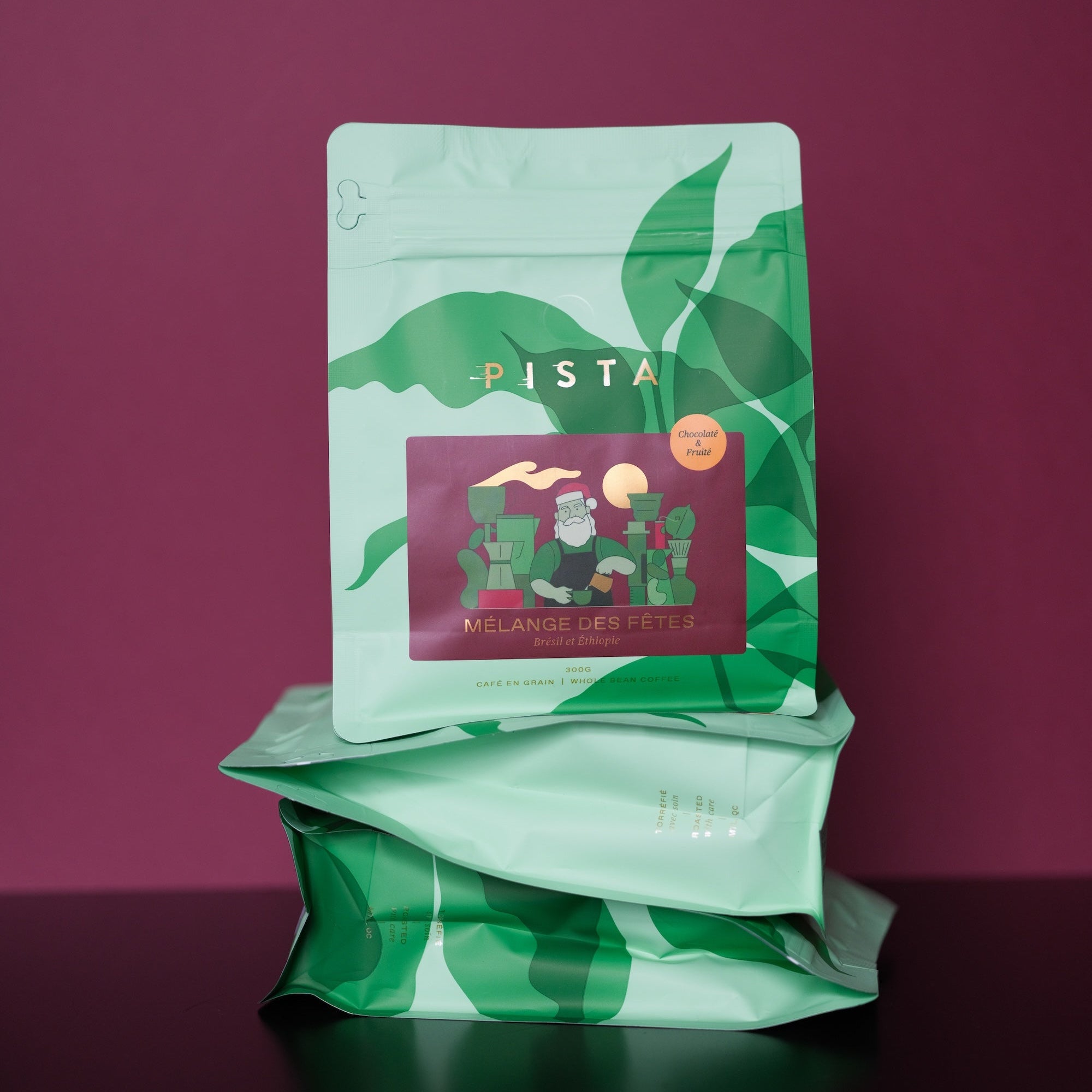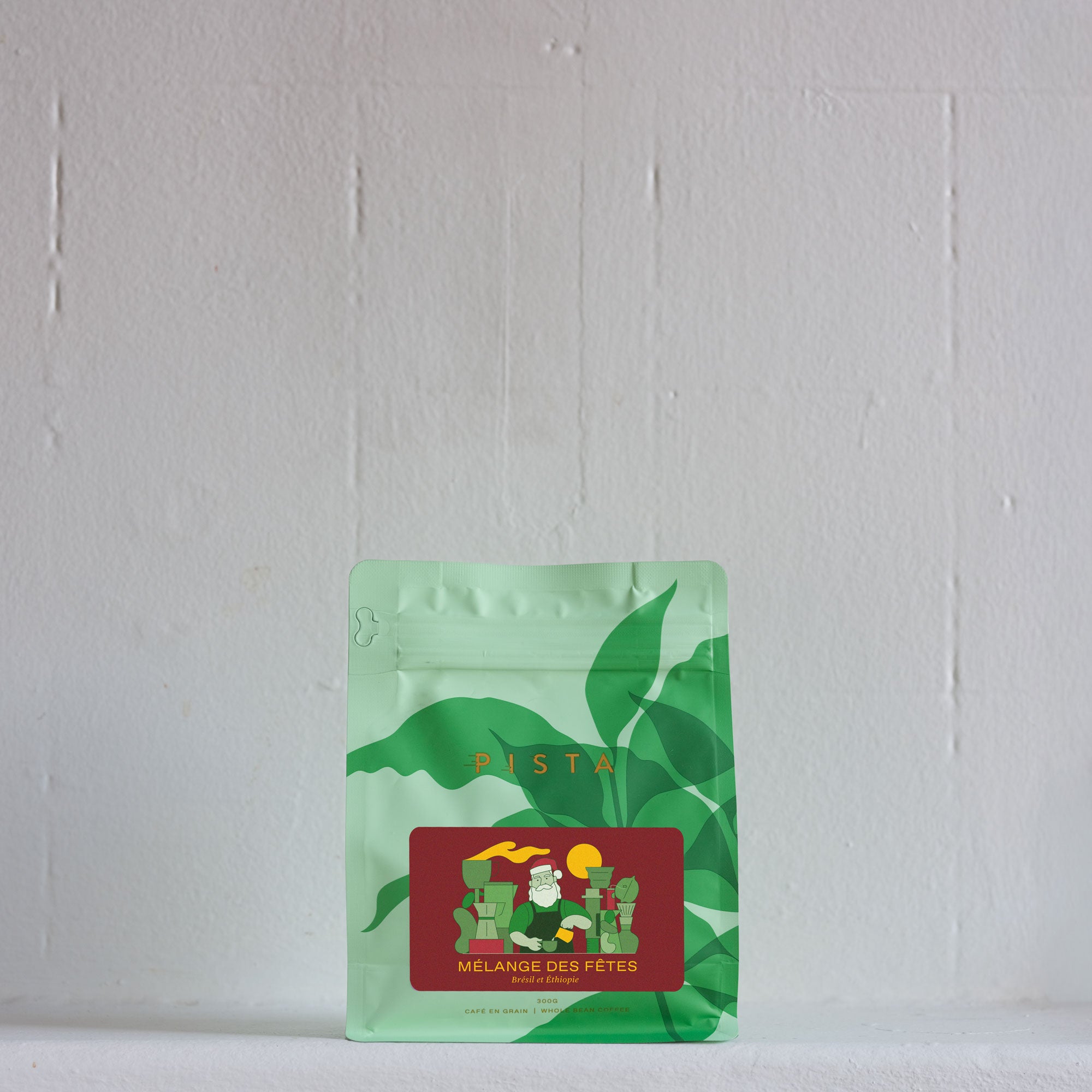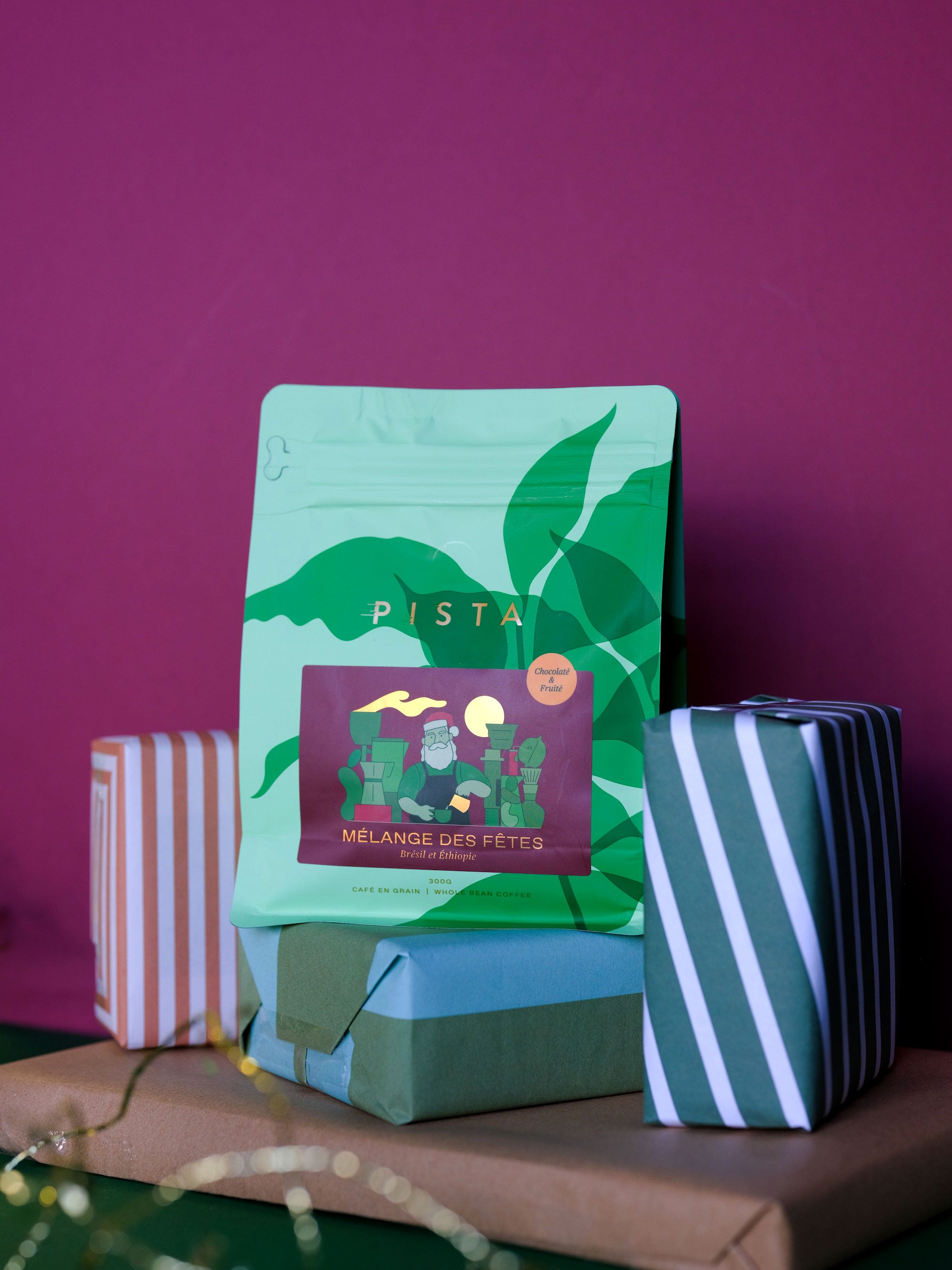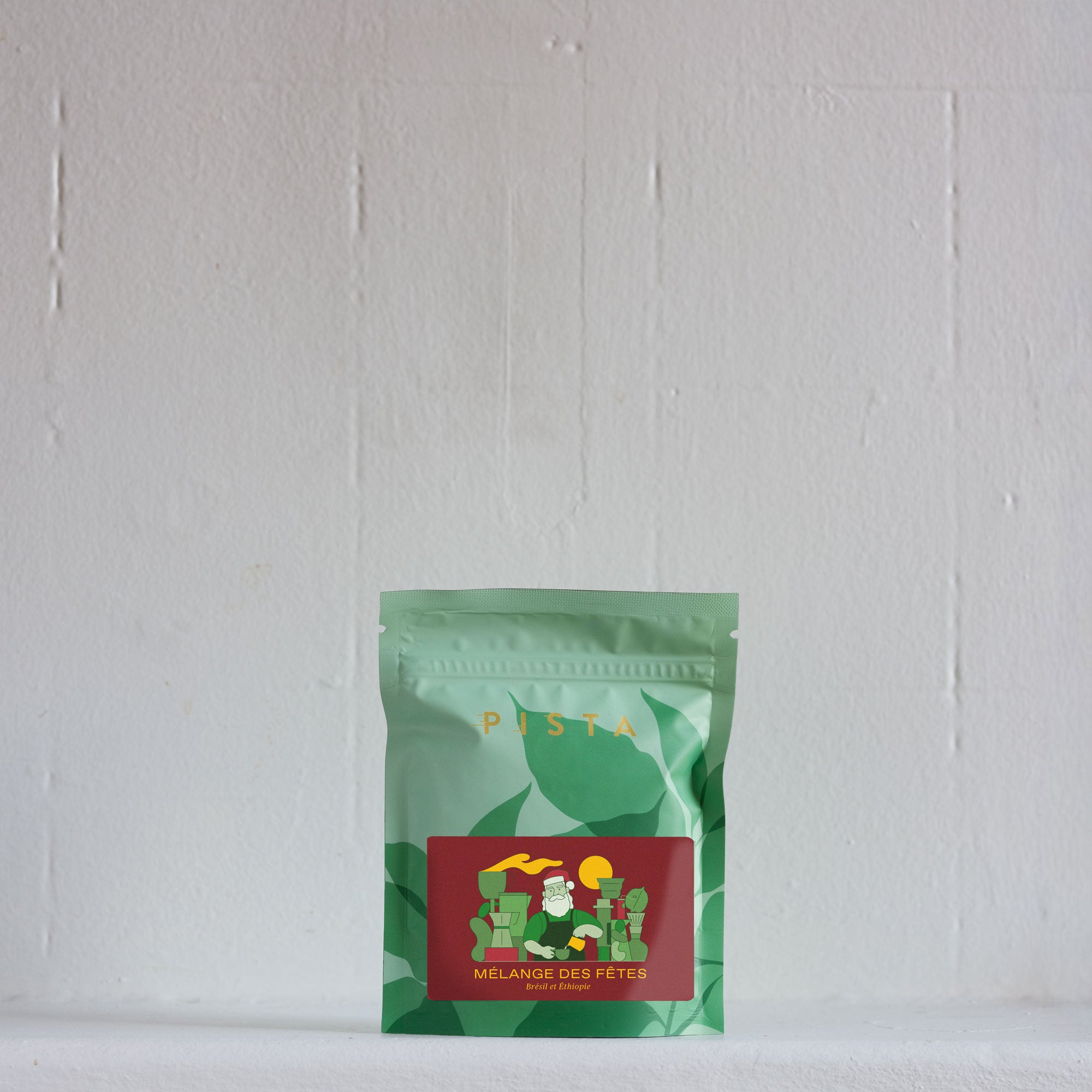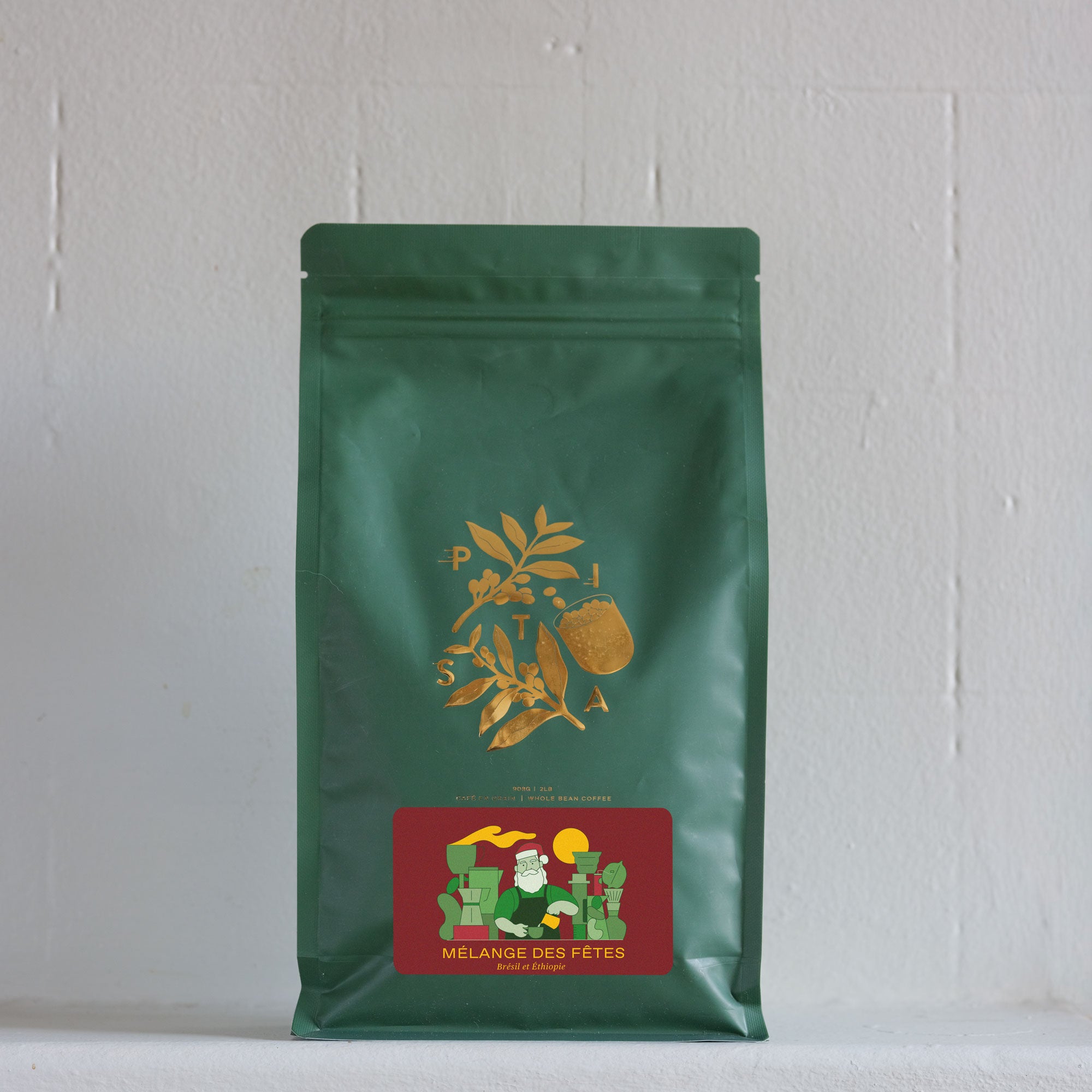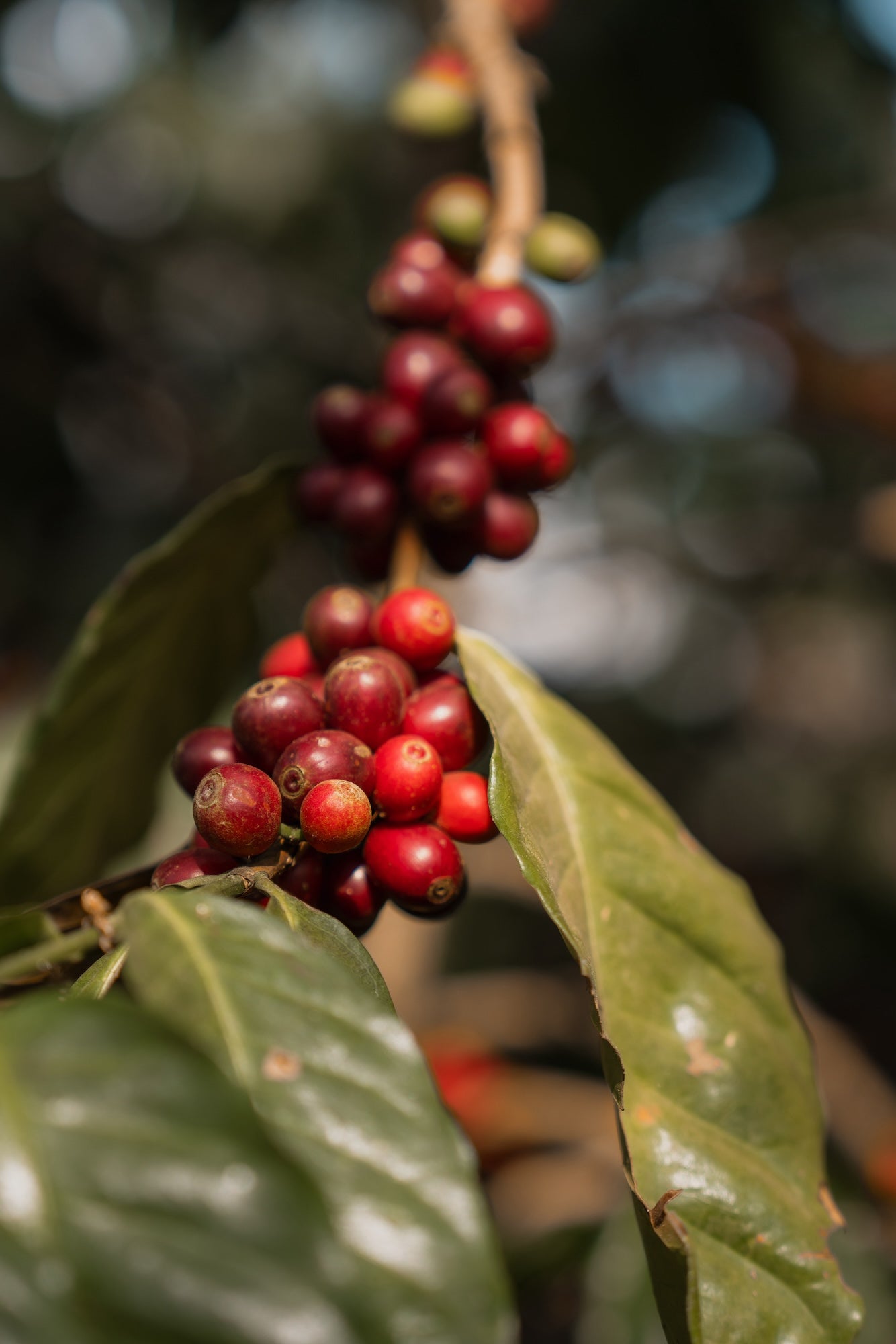Skip to product information
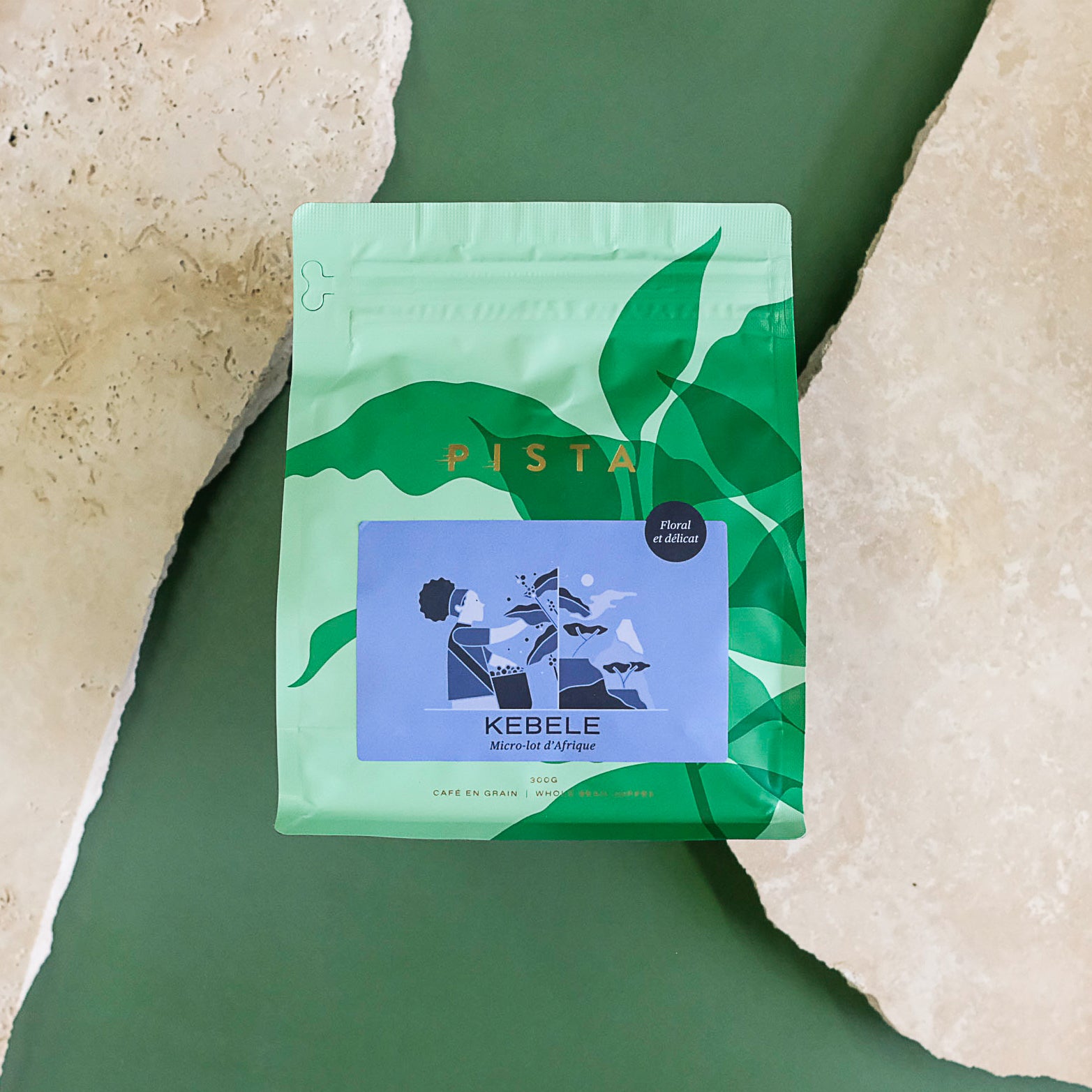

Kebele ~ Micro-batch from Africa LNVC
$11.55
Pickup available at Café Pista | Beaubien
Usually ready in 2-4 days
ORIGIN INFORMATION
For the third year in a row, we are returning to one of our favorite cafes, Bookkisa. This coffee comes from the hamlet of Bookkisa in the Guji highlands region of southern Ethiopia. Largely covered by vast expanses of forest, Guji is one of the twenty zones constituting the administrative region of Oromia which, with its 30 million inhabitants, is the most populated of the 9 regions of the country. The ancestral forests of Guji, its volcanic soil rich in silt and clay, but also its temperate climate and its high altitude, have in recent years made the reputation of certain woreda (district) such as Uraga, Kercha and Shakiso. However, the success of this terroir would not have been possible without the know-how and work of local producers. This lot is the result of the work of 33 farmers whose “garden” plantations rarely exceed 2.5 hectares. In this type of farm, coffee plants are scattered around the main house, under a semi-forest canopy alongside other types of so-called subsistence crops (vegetables, corn, etc.). Once the coffee cherries are harvested, they are transported on foot to the washing station located in the kebele (village) of Dambi Uddo to be sold. This step is usually done in the middle of the night to prevent the cherries from being overexposed to the sun.
Once delivered to the Dambi Uddo washing station, owner Ture Waji and his team take over to transform the cherries into green coffee beans ready for shipment. In 2008, Ture Waji, nicknamed the “King of Guji”, took advantage of the liberalization of the coffee export market in Ethiopia to found the company Sookoo Coffee. It is through her that he operates his two washing stations (Dambi Uddo and Raro Nansebo) and his export license which allows him to transport his coffee to the capital Addis Ababa first, then to the port of Djibouti. Next. Ture has been involved in his community for over 10 years, having previously worked for Mormora Coffee and Guji Highlands Coffee. Since the creation of Sookoo Coffee in 2018, this involvement has resulted in the construction of a school and several roads, and in micro-credits granted to producers, allowing them to finance certain tasks preceding the harvest and thus somewhat lightening the burden on households. Between harvests, Waji provides agricultural training for community members, while its two washing stations adhere to a strict “Women First” policy aimed at promoting women's empowerment by ensuring they have access to a wage stable. The Café Pista team feels extremely privileged to be able to work in the wake of the producers of Bookkisa and Ture Waji, and to be able to share the fruit of their passionate work with our own community. This relationship with Ture Waji was once again made possible thanks to our import partner Osito Coffee.
Bookkisa is hand-picked at full maturity, at an altitude of 2175m, between the months of November and February. It is then rigorously sorted in order to remove overripe or underripe cherries, before spreading those that remain on higher beds. On these beds, the cherries form a carpet of a maximum thickness of 4 cm and are turned 6 times a day to optimize air circulation. They are thus dried in the sun for a period of 21 to 28 days before being pulped mechanically. Bookkisa consists of varieties 74110 (Gibirinna) and 74112 (Serto). These two varieties were selected by JARC (Jimma Agricultural Research Center) in 1979 for their resistance to certain diseases, as well as for their high sensory potential.
This very sweet and round coffee tastes of mango and pineapple, with a finish reminding us of blueberry jam.

















